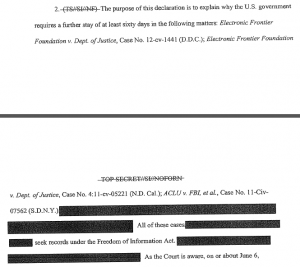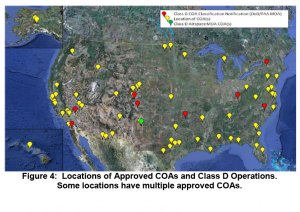NSA Caught Illegally Spying on Americans and Keith Alexander’s Answer Is a Group Hug
Kevin Gosztola had a superb post yesterday on a letter NSA Deputy Director John Inglis and DIRNSA Keith Alexander sent to family members of NSA employees to make them feel better about the dragnet. It’s a two page letter attempting to convince the family members of our SIGINT spies that their mission is noble and their actions within the scope of the law.
I’m particularly interested in the timing of it. As Kevin notes, the letter cites a typically obsequious post from Ben Wittes on how the Administration should have responded to WaPo’s disclosure of an internal review (just as one example, Ben claims to have read the report closely but somehow misses that 9 to 20% of violations consist of analysts breaking rules they know).
Inglis and Alexander write,
There are some in the media who are taking the time to actually study the leaked material, and they have drawn conclusions that are very different from those who are in it for a quick headline. One such legal scholar wrote that we should have made our case more forcefully by responding,
Shameful as it is that these documents were leaked, they actually should give the public great confidence both in NSA’s internal oversight mechanisms and in the executive and judicial oversight mechanisms outside the agency. They show no evidence of any intentional spying on Americans or abuse of civil liberties. They show a low rate of the sort of errors any complex system of technical collection will inevitably yield. They show robust compliance procedures on the part of the NSA.
We couldn’t agree more.
I wonder if NSA would like to send family members my way, given that I have taken even more time than Ben studying these revelations and find he’s frequently engaging in spin?
Hmm. Probably not.
But what’s most fascinating by this citation is the timing.
Ben wrote that post on August 18, in the midst of a slew of disclosures by WaPo and the Guardian.
But Inglis and Alexander wrote this letter on September 13 — last Friday — at the end of a month when all of the major US-based disclosures (save that NSA has deliberately made all of us more vulnerable to hackers) have come from the government. In the month leading up to this letter, we learned the NSA:
- Was intentionally collecting up to 55,000 entirely domestic communications at the telecom switches (and had been for more than 4 years)
- Started (and some other agency had already been) searching incidentally collection US person communications in an uncounted (and therefore unmonitored) backdoor use of Section 702
- Kept all the “features” of Dick Cheney’s illegal program in the phone dragnet program when it moved under Court sanction in 2006, and only 2.5 years later told the FISA Court about them, calling them “bugs;” this included CIA and FBI accessing a database of all US phone records directly
At the end of 2008, the NSA had authorized contact chaining off of 27,090 identifiers and analysts could go four hops deep into the data, which effectively would allow them to create a relationship map of the entire country. And they used it not just to find “terrorists,” but also people they could coerce to inform on targets.
A system the Stasi would envy!
And FISA Court judges had deemed some of the first and third practices illegal. One threatened criminal referral and the other even shut down at least part the program for a period.


